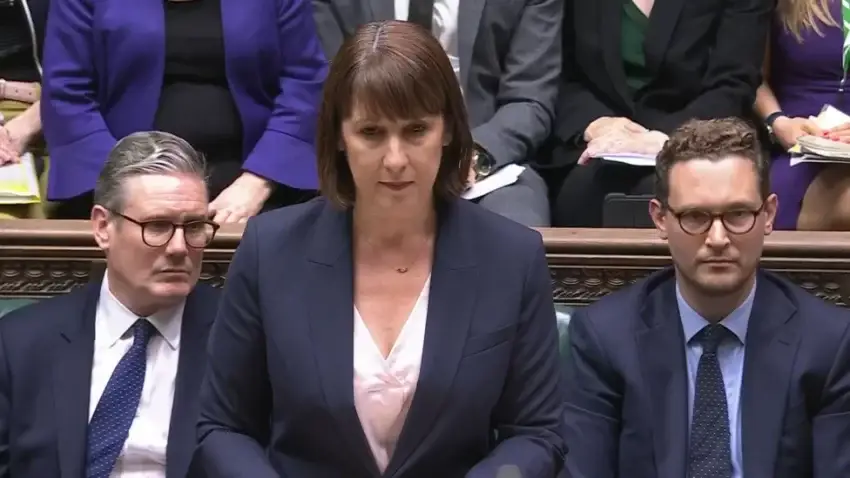The Labour government has been warned that its ambitious growth plans are unattainable without a significant increase in investment. An independent think tank, the National Institute of Economic and Social Research (NIESR), has raised concerns.
NIESR argues that without an additional £50 billion annually, Labour’s goal of achieving 2.5% economic growth will remain a distant dream. This warning comes amidst other financial pressures and proposals for changes in fiscal definitions.
Labour’s Ambitions and NIESR’s Warning
The National Institute of Economic and Social Research (NIESR) has issued a stern warning to the Labour government. They argue that without an additional £50 billion in annual investment, Labour’s goal of raising economic growth to 2.5% will remain out of reach. This warning aligns with concerns from other economists.
Debt Definition Tweaks by Rachel Reeves
Rachel Reeves, the Chancellor, has hinted at changing the definition of public debt in upcoming fiscal rules. This move could potentially unlock an extra £17 billion for the budget. However, this proposal has faced criticism. Ben Zaranko from the Institute for Fiscal Studies has called it “fiscal jiggery-pokery”.
Zaranko suggests that instead of focusing on technical definitions of debt, the government should make a clear case for increasing borrowing to fund public investment. The idea is to avoid unproductive debates about fiscal headroom and focus on more meaningful financial strategies.
Economic Consequences of Existing Fiscal Rules
Current fiscal rules have been criticised for dampening public investment. These rules mandate reducing the debt-to-GDP ratio and balancing the current budget within five years.
These constraints have led to poor capital spending, which in turn has stifled productivity and economic growth. This issue has persisted since the 2008 financial crisis, highlighting the need for more flexible fiscal policies.
NIESR’s Recommendations for Public Investment
NIESR has recommended that the government double public investment as a share of GDP to 5%, equating to £50 billion annually. They argue this is essential for achieving sustained economic growth.
Without this level of investment, NIESR estimates that the UK’s underlying growth potential will stagnate at around 1% per year. This forecast underscores the urgent need for substantial public spending.
Interest Rates and Economic Forecasts
NIESR has also made predictions about interest rates and economic growth. They believe interest rates are unlikely to fall further this year, following the Bank of England’s recent cut to 5%.
The think tank forecasts the UK economy will grow by 1.1% this year, with inflation rising again in the second half before stabilising. Global economic growth is expected to hit 3.1% in 2024.
Impact on Specific Sectors
Stephen Millard of NIESR has pointed out that low investment and productivity growth are significant challenges for the new government. Specific sectors like the motor trade could be particularly affected without substantial investment.
Millard emphasised that either taxes or borrowing would need to increase to bring public services up to standard. This would require a reshaping of existing fiscal rules, which currently hinder significant public investment.
Recent Fiscal Decisions by Labour
Last week, Rachel Reeves announced cuts to public investment projects and abolished the winter fuel allowance for non-benefit pensioners. These measures are part of efforts to reduce a £21.9 billion government overspend.
The Treasury is aware of the £22 billion black hole in public finances inherited from the previous administration. They assert that tough decisions are necessary to rebuild the economy and improve living standards across the country.
The Labour government’s economic ambitions face significant challenges. Expert warnings underscore the necessity for substantial investment to achieve growth targets.
Therefore, without addressing these investment needs and potential fiscal rule changes, Labour’s growth plan is likely to fall short. The coming months will be crucial for setting a viable economic strategy.


